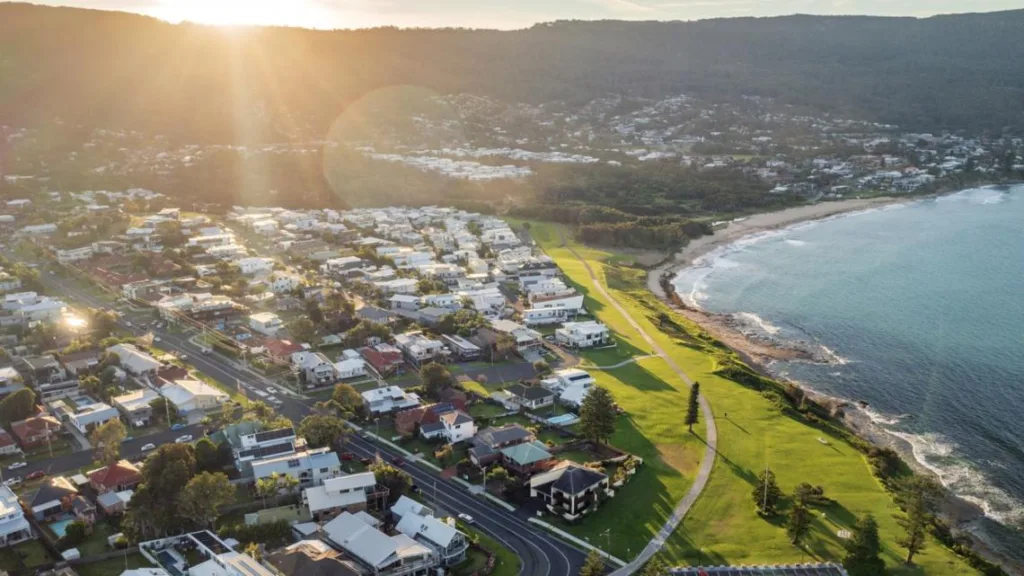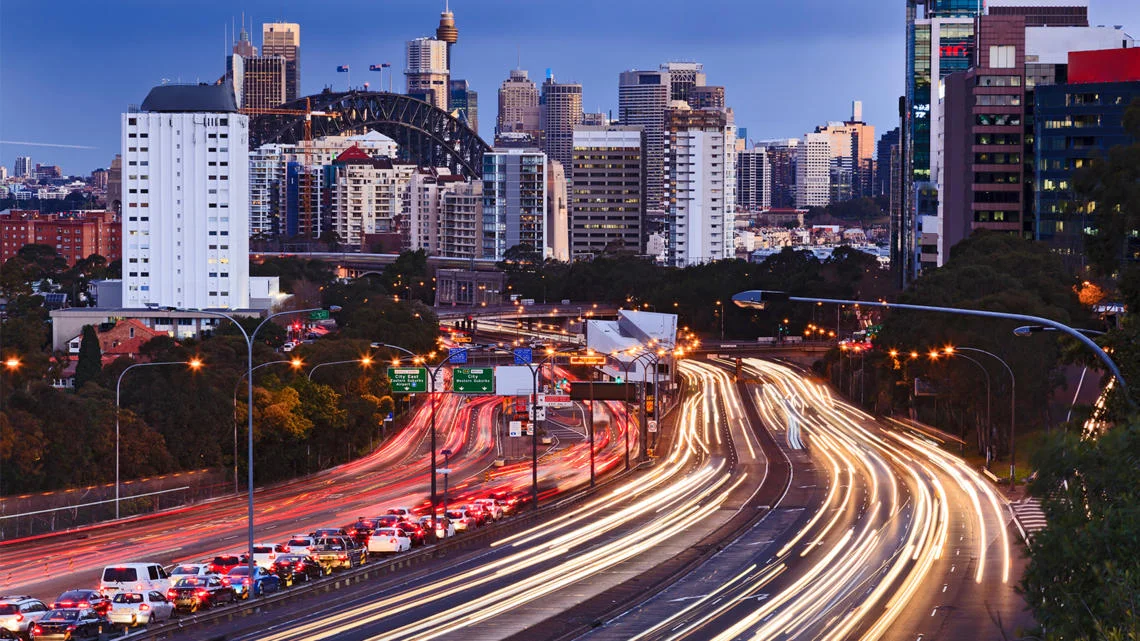A business-led project into workforce mobility has found that Sydney, Australia, needs to improve on a range of critical indicators if it wants to become a more sustainable 21st century city.
The Report, released on Tuesday 29 November by Sustainable Business Australia, has found that Sydney’s mobility system performs poorly for emissions of greenhouse gases, as well as long journeys to work, exacerbated by congestion which is impacting on economic opportunities for its residents.
Using the World Business Council for Sustainable Development’s methodology and globally-benchmarked mobility monitoring and evaluation framework, supported by a community perceptions survey, the Report presents a baseline of Sydney’s sustainable mobility performance.
The results found that Sydney has a hybrid mobility system with a mix of characteristics – an efficient mass transit system in places, but also vast urban sprawl, resulting in too heavy reliance and inefficient use of private vehicles.
Some of the findings for Sydney:
- Long commutes are exacerbated by congestion with the lowest levels of community satisfaction (9%) relating to congestion
- Sydneysiders are spending an average of 66 minutes travelling to and from work, resulting in a poor score of 2.9 out of 10
- A low score for Economic Opportunity from our transport system
- Only 34% of surveyed respondents felt satisfied that transport options are available for them to reach job opportunities, due to long, complicated and expensive commutes.
- Sydney’s lowest indicator score was for the Emissions of Greenhouse Gases at 2.7 out of 10
A low community survey satisfaction score of 23% satisfaction reflected an acute awareness of the poor carbon performance of our mobility system. A sustainable mobility future for Sydney requires a bold shift from the status quo, one which includes multi-sector collaboration between and within the public and private sectors. Whilst all stakeholders — government, business, civil society and the community — must be part of the transition, the SBA Sustainable Mobility Project makes the case that business can and should take a leadership position in solving Sydney’s mobility challenges.
Sustainable Business Australia CEO, Andrew Petersen, said the findings of this study are very important as they begin to build the case for greater involvement of business in finding a solution to our mobility issues.
“SBA Member companies are working under the leadership of NRMA on this project to analyze Sydney’s mobility situation in relation to criteria such as environmental compatibility, economic efficiency and quality of life,” Mr. Petersen said.
“Based on this analysis, SBA will then develop recommendations on how business can be instrumental to improve sustainability in Sydney’s transportation system,” he said.
NRMA Group CEO Rohan Lund said advances in mobility technology such as the autonomous vehicle, the shared economy and innovative transport solutions to congestion would complement the record levels of investment in public transport and roads currently underway in Sydney.
“Our cities are relatively safe and accessible by global standards, but journey times do not stack up so well,” Mr. Lund said.
“Sydney has a fast growing population and we are now playing catch-up after decades of neglecting the city’s essential roads and public transport infrastructure.
“However this won’t be enough. Industry and Government must partner more effectively to adopt innovative solutions to ensure our transport system can support population and economic growth.
“We need a joint strategy of new investment and more efficient asset use in order to deliver better outcomes reflective of our status as a global city.
The SBA Sustainable Mobility Project is a cross-sector collaboration to lead an Australian business response to the challenges and opportunities of meeting Sydney’s mobility needs more sustainably.
The project’s aim is to explore what sustainable mobility means for Sydney and how business can bring forward solutions that can shape mobility; through collaborative engagement, innovation and new business models.
The Project is led by Sustainable Business Australia, chaired by SBA Member NRMA, and the Working Group includes SBA Members: AGL, David Jones, Energetics, IAG, Jacobs, KPMG, the National Australia Bank, Presync and Unilever.
Subsequent analysis by the SBA Sustainable Mobility Project will concentrate on business solutions to the mobility challenge and how those solutions can be scaled and implemented.
For further information, contact:
Andrew Petersen
Chief Executive
Sustainable Business Australia
Ph: +61 412 545 994
Related
Content

Net-zero criteria set the course to transition for Business Council for Sustainable Development Australia members
28 May, 2021

Business Council for Sustainable Development Australia joins Climate Ready Australia 2030’s Alliance of Peaks
17 March, 2023

Australia: Come so far, got so far to go
19 May, 2021
